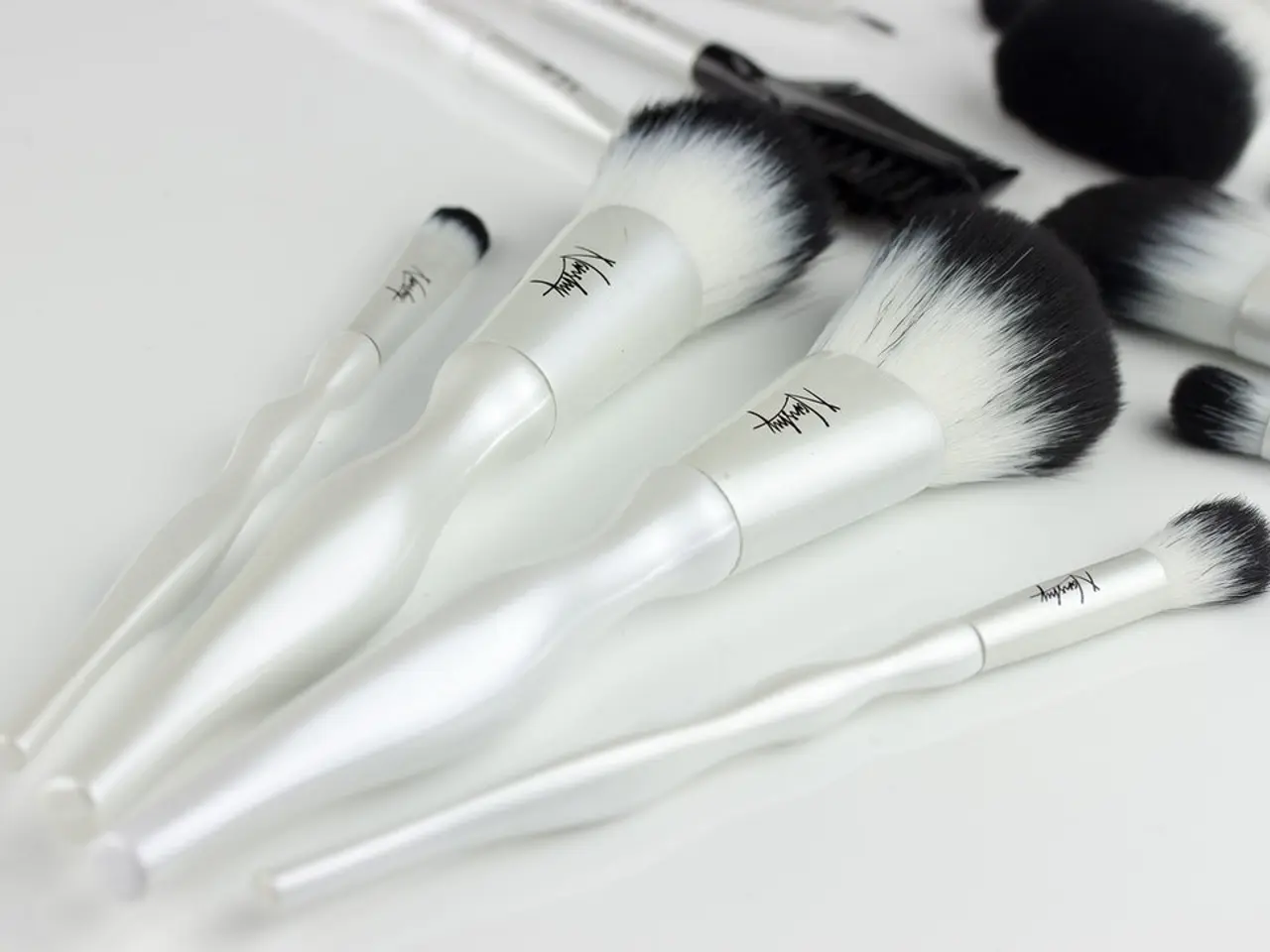Teenagers, aged 13, publicly display their beauty routines on various social media platforms, endorsing Sephora products.
In the digital age, a new trend has emerged on social media platforms like TikTok and Instagram, known as "Sephora Kids." This phenomenon refers to very young girls sharing their beauty routines using adult beauty products, often imitating adult influencers.
The practice of Sephora Kids is not a recent development, dating back to the 2010s, but has gained renewed attention, particularly since the involvement of Kim Kardashian's daughter, North West. The term "Sephora Kids" has been widely publicized on social media since its emergence in 2024.
The trend is inspired by video tutorials such as "Get ready with me" and "Skin care routines," where users share their skincare and makeup tips. However, the use of adult beauty products by children raises questions about their early access to social platforms and the impact of influencers on young users.
Both TikTok and Instagram offer resources for parents to understand and manage their children's use of their platforms. Instagram has a Family Centre for parental supervision, while TikTok has a Family Pairing mode. Furthermore, the French data protection authority, CNIL, provides guidelines on the GDPR and children's consent.
Article 8 of the General Data Protection Regulation sets the same limits for European children, mirroring the American law "Children's Online Privacy Protection Rule" which prohibits the collection of personal data for children under 13 years old.
The potential long-term effects of the "Sephora Kids" trend on child influencers and their audience include physical risks from the use of harsh skincare products not suitable for developing skin, psychological impacts such as the promotion of neurosis related to excessive beauty focus, and cultural consequences fostering early and possibly unhealthy beauty habits.
Medical specialists agree that allowing a child to use products formulated for adults is clearly contraindicated, and in the worst-case scenario, these children could suffer skin damage. Moreover, the social pressure and normalization of intensive skincare routines for very young users could cause both psychological stress and physical harm due to inappropriate product use with unknown long-term effects on their growing bodies.
Child influencers themselves may face added pressure to maintain a beauty-focused online persona from a very young age, potentially affecting their mental health and development. Audiences influenced by these child influencers might adopt similar behaviors or consumerism patterns, reinforcing a cycle of early engagement with beauty product marketing, often facilitated by social media algorithms.
The growing mistrust towards trends that generate excitement and towards web giants highlights the need for increased parental vigilance and stricter regulations to protect children on social media platforms. It is crucial to ensure that these platforms provide a safe and nurturing environment for young users, promoting positive self-image and healthy habits rather than fostering unrealistic beauty standards and early engagement with beauty product marketing.
- The trend of "Sephora Kids" on social media, which involves young girls imitating adult influencers with their beauty routines, has raised questions about children's early access to technology and the influence of technology on their lifestyle, including fashion-and-beauty and education-and-self-development.
- In the digital age, entertainment on social media platforms like TikTok and Instagram has become a significant part of youngsters' lives, and the popularity of trends such as "Sephora Kids" demonstrates how technology intertwines with their lifestyles.
- The emergence of the "Sephora Kids" phenomenon on social media platforms has sparked discussions about the responsibility of social media sites in addressing issues like allowing children access and exposure to adult content, and implementing stricter regulations to protect young users.




